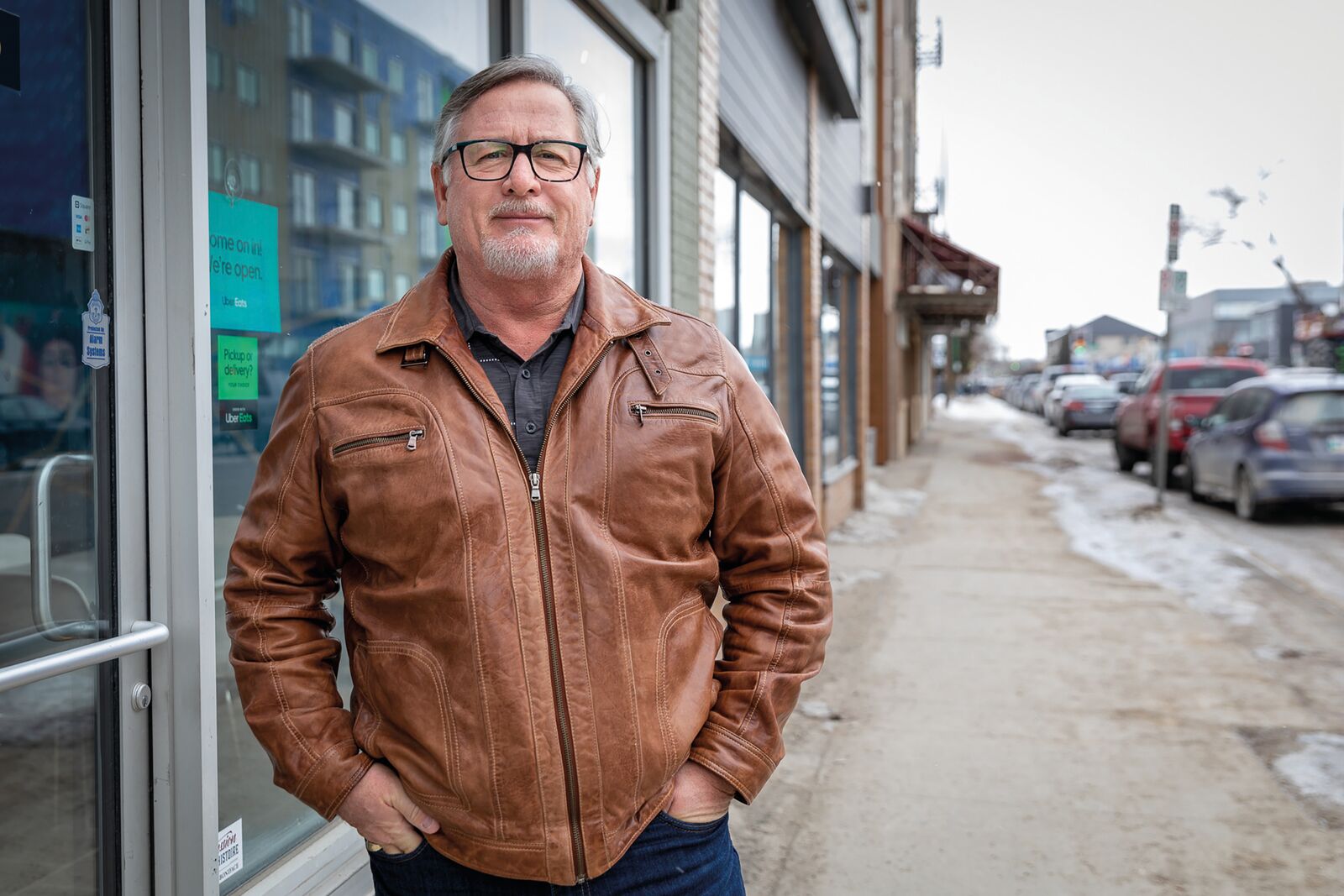Robert Lafrenière is our Chief Financial Officer, and he’s also taken the lead on many of our community projects, including two mixed-income residential buildings in St. Boniface, Les suites Marion, and now the new Les suites Taché initiative.
RCN: We know that affordable housing is a real need in Winnipeg. Why did RCN feel it was time to get involved in this sector?
RL: First of all, we had some land. We had land in St. Boniface that was underutilized, but most of all, we knew we could make a difference with building that property, and that it was on us to try. We’re celebrating over two years of occupancy at Les suites Marion, which created apartments that were designed specifically as affordable housing with wrap-around supports for residents from agencies in our network, on top of the market-rate suites. Housing is complex to build, to finance and to market, but with the skills and resources we had, we knew we were well placed to try. We expressed our interest in developing the land on Taché Avenue, made available by the City of Winnipeg. The City really liked our vision for the project and entrusted us with the land for our next initiative, Les suites Taché. We are grateful for their trust and support for this type of socially-minded project.
RCN: While RCN was the project lead on Les suites Marion, why was working in partnership with CoHabit on the new proposed property at 825 Taché Avenue so important?
RL: I have deep respect for the Margy Nelsons of the world. Margy founded CoHabit because there’s no appropriate housing for one of her twin sons, Bryce, who’s in his thirties and lives with cerebral palsy. She’s helped us to understand that there are 500 or so individuals like Bryce who aren’t being properly supported. They are falling between the cracks. The incredible passion, vision and resilience of a mother who will do what it takes to ensure that her son can live the fullest life possible… is truly inspiring. We want to walk alongside people like Margy. We can bring our expertise and resources to a solution that the community has already outlined and be a catalyst for lasting change.
RCN: What kind of change do we need to see in housing?
RL: Housing is the foundational piece of a safe and healthy life, and is a big part of the complex poverty model, which we use to help guide our work and focus at RCN. Housing isn’t the only solution to the barriers people are facing in our communities, but it’s often the starting point of the response to the needs of people we serve. We need affordable, accessible and safe housing if we’re going to keep helping people tackle the challenges that keep them from living full and meaningful lives. What’s most exciting about what we’re up to with CoHabit is that we believe it’s a replicable model. We can create this first building, prove the concept, and do it again and again to meet more needs.
RCN: Real estate development is a game of numbers and sense, but in our case, it’s also a matter of heart. What’s it been like for you to explore the non-profit housing sector?
RL: The earlier part of my career had been focused primarily on the transactional: what’s the return, how do we differentiate ourselves, what is the business model? But this type of real estate work that we are focusing on at RCN is relational, it’s about finding out what our communities need and working together to provide that. We’re supporting human beings who have complex needs, and we know we can make a difference. To have an impact on some of these challenges is truly life-giving. It changes your worldview on things and changes your focus. We’re not talking financial results; we’re talking about responding to a need, providing dignity, being truly inclusive. Which is why our partners matter so much: we want to continue down this path, and to do that, we’ll have to keep developing genuine relationships. We can’t do this on our own, but together, we can make a difference.
•••
To learn more about CoHabit, click here.
To learn more about our new project at 825 Taché Avenue, click here.

